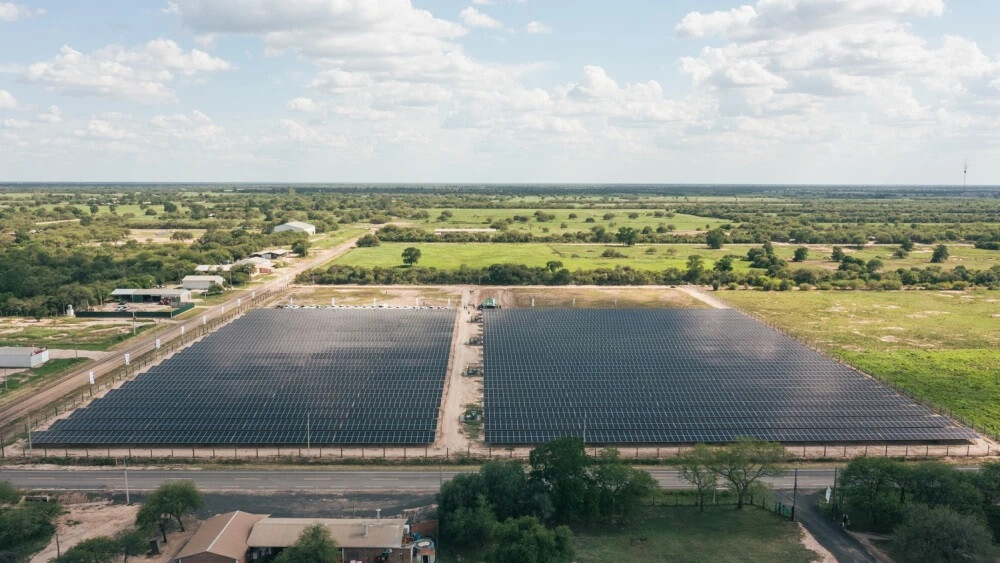
The Paraguayan Electricity Administration (ANDE) is pushing for a new bill to completely overhaul the existing Renewable Energy Law (Law 6977/2023). This initiative aims to attract private sector investment in renewable energy. The move comes in response to the limitations of the current law and its failure to secure substantial investment. ANDE expects the new bill to contribute to stabilizing electricity supply and overcoming the energy crisis.
Limitations of the Existing Law and Reasons for Revision
Felix Sosa, the head of ANDE, acknowledged that the current Law 6977/2023 is "not ideal." Although the bill was enacted through an agreement based on four proposals submitted to the National Congress, it ultimately failed to attract significant investment. The previous law aimed to vitalize the non-hydro renewable energy generation market and expand power production, but it was criticized for not adequately reflecting investors' demands.
Specifically, investors pointed out that the 15-year period stipulated in the current law for permits and power purchase agreements was too short, strongly demanding an extension to a minimum of 30 years. ANDE actively incorporated these opinions and sought advice from the World Bank in drafting the new bill. It is also rumored that they received assistance from consultant Alejandro Perroni, former General Manager of Uruguay's state-owned power company, UTE.
Sosa stated that "many international investors have shown an impressive willingness to invest in Paraguay," and that they gained "many new ideas" from these interactions. Through this feedback process, ANDE is proposing amendments to 30 of the 52 articles in the existing law and a re-examination of 7 key issues. Ultimately, they concluded that completely replacing the existing law with a new one would be more effective than simply making partial amendments.
Key Contents and Expected Effects of the New Bill
ANDE plans to submit the draft of the new renewable energy bill to the executive branch this week and request its swift passage through Congress. The government also has the political will for this matter, so the bill's processing is expected to proceed quickly.
The new bill is expected to focus on increasing investment attractiveness by reflecting investor demands, especially regarding the extension of contract periods. Furthermore, it is anticipated to maintain or improve clear regulations for various business models stipulated in the existing law, such as self-generators (selling surplus electricity to ANDE), co-generators (selling surplus electricity produced during industrial activities), general power generators (ANDE procuring power through bidding), and exporters (producing electricity in Paraguay and exporting it to neighboring countries using ANDE's transmission network), thereby encouraging private sector participation.
This bill revision is expected to play a crucial role in strengthening Paraguay's energy security. At the National Energy Forum hosted by the Paraguayan Industrial Union (UIP), industry stakeholders expressed concerns about delays in ANDE's new power generation projects, emphasizing the urgent need for action as the limits of energy surplus are approaching.
According to ANDE's master plan, they aim to attract approximately $150 million annually for the next 10 years, totaling $1.5 billion in private investment, to expand power generation capacity. This investment will primarily be used to supply power to the national electricity system. Paraguay's electricity demand is projected to reach 11,000 MW by 2043, making the rapid implementation of new power generation projects essential to meet this demand. Solar power generation, in particular, is considered the renewable energy source with the greatest potential in Paraguay.
The new renewable energy law is highly anticipated to be a significant turning point in increasing Paraguay's power generation capacity by encouraging active private sector participation and building a sustainable energy future.
[Copyright (c) Global Economic Times. All Rights Reserved.]




























